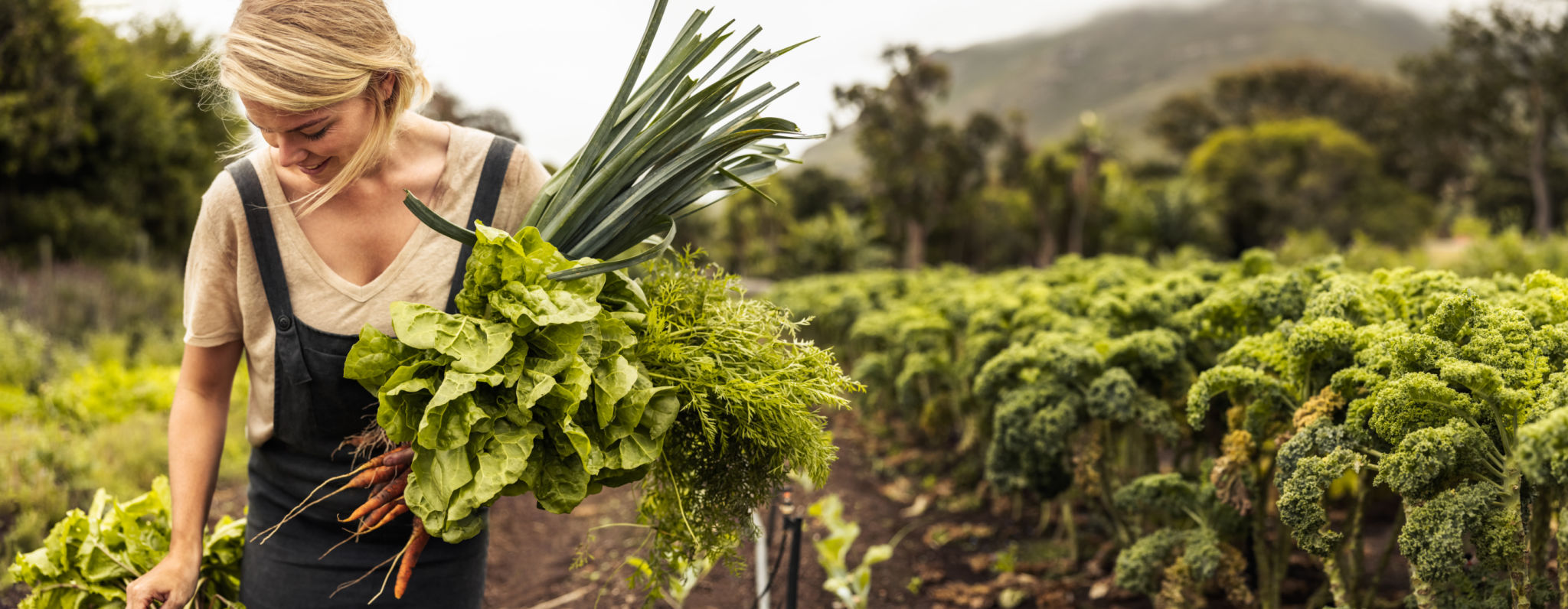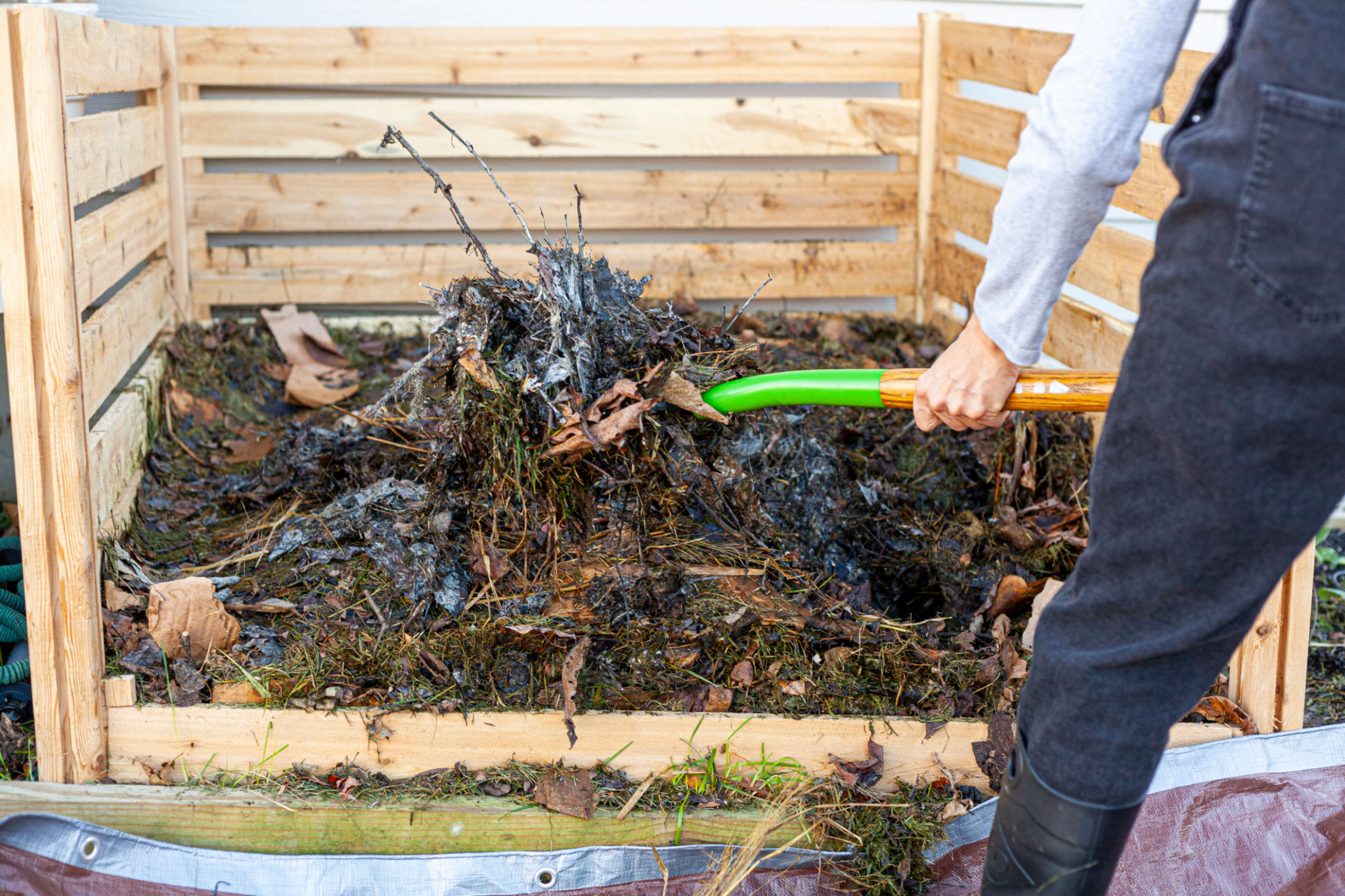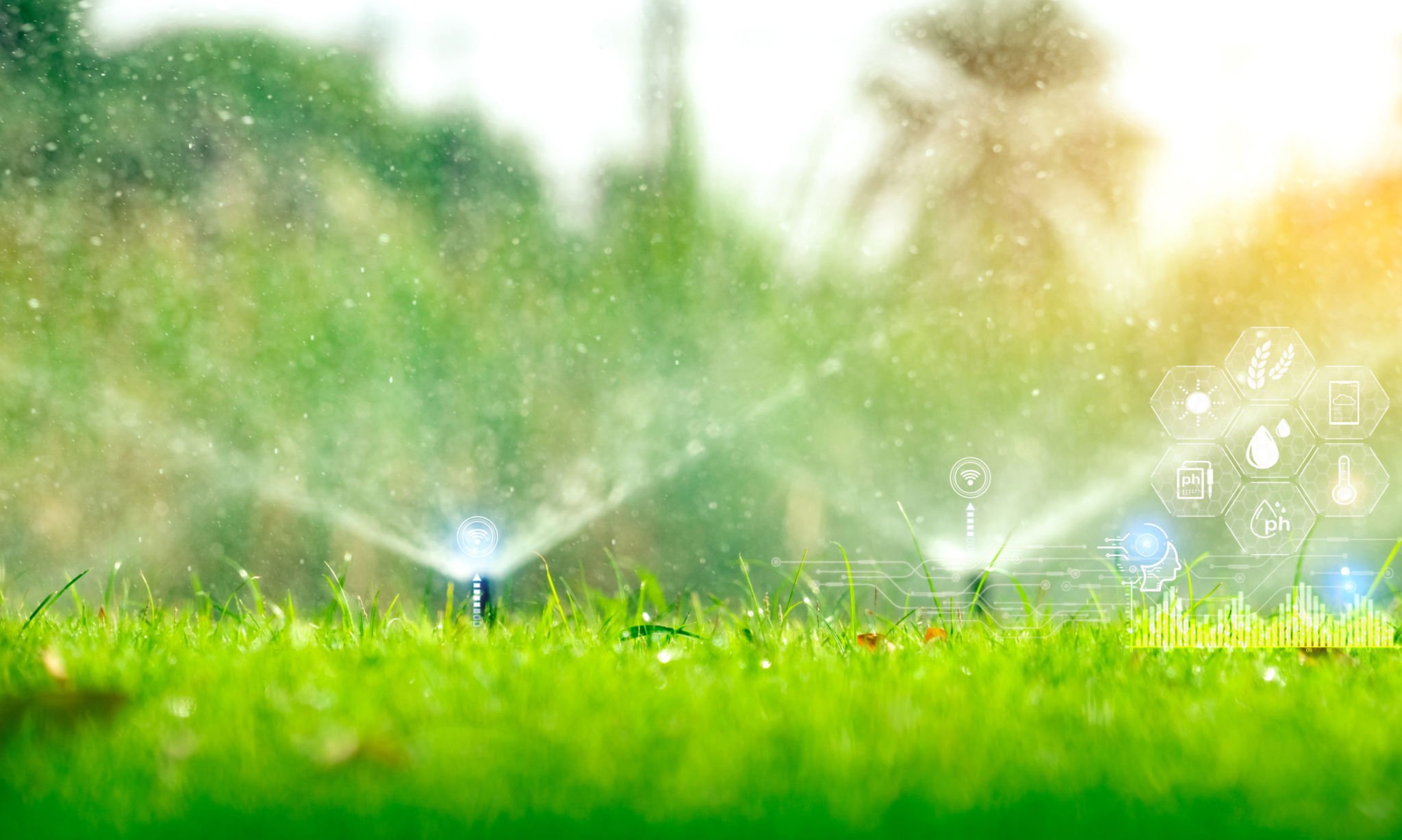Sustainable Landscaping Trends in Michigan: What’s New and What Works
Understanding Sustainable Landscaping
Sustainable landscaping is more than just a trend; it's a commitment to preserving the environment while enhancing the beauty of our surroundings. In Michigan, where the climate and natural resources present unique challenges, sustainable practices are becoming increasingly popular. Homeowners and businesses alike are seeking ways to create eco-friendly landscapes that require less maintenance and conserve resources.

Native Plants: A Cornerstone of Sustainability
One of the most effective ways to create a sustainable landscape in Michigan is by incorporating native plants. These species are adapted to the local climate and soil conditions, making them more resilient and easier to maintain. Native plants require less water and fertilizer, which can significantly reduce your garden's environmental impact. Furthermore, they provide essential habitats for local wildlife, supporting biodiversity.
Popular native plants in Michigan include coneflowers, black-eyed Susans, and wild geraniums. These plants not only thrive in local conditions but also add vibrant colors and textures to gardens.
Water Conservation Techniques
Water conservation is a crucial aspect of sustainable landscaping. With fluctuating weather patterns, Michigan landscapes can benefit greatly from efficient water management techniques. Rain gardens, for example, are designed to capture and filter rainwater, reducing runoff and promoting groundwater recharge.

Another effective method is the use of drip irrigation systems. These systems deliver water directly to the plant roots, minimizing evaporation and waste. Coupled with mulch, which helps retain soil moisture, these techniques can significantly reduce water usage.
Soil Health and Composting
Healthy soil is the foundation of any successful landscape. In Michigan, where soil composition varies greatly, maintaining soil health is paramount. Regularly adding organic matter like compost can improve soil structure, enhance nutrient content, and increase water retention. Composting not only enriches the soil but also reduces waste by recycling kitchen scraps and yard debris.

Furthermore, practicing no-till gardening can protect soil organisms and prevent erosion. This method disturbs the soil as little as possible, preserving its natural structure and promoting sustainable plant growth.
Eco-Friendly Lawn Alternatives
Traditional lawns are often resource-intensive, requiring frequent watering and mowing. In response, many Michigan residents are turning to eco-friendly lawn alternatives. Ground covers such as clover or creeping thyme provide a lush green appearance while requiring less maintenance.
Incorporating areas of gravel or stone paths can also reduce lawn size while adding visual interest to the landscape. These alternatives not only conserve resources but also encourage more diverse ecosystems in residential areas.
Embracing Technology in Landscaping
Technology plays a growing role in sustainable landscaping practices. Smart irrigation systems that adjust watering schedules based on weather conditions help optimize water use. Landscape lighting powered by solar energy reduces reliance on traditional electricity sources.

Furthermore, mobile apps for plant identification and care tips enable homeowners to make informed decisions about their landscapes. By leveraging technology, Michigan residents can ensure their gardens are both beautiful and sustainable.
In conclusion, sustainable landscaping in Michigan involves a combination of traditional practices and modern innovations. By focusing on native plants, water conservation, soil health, lawn alternatives, and technology, homeowners can create landscapes that are not only aesthetically pleasing but also environmentally responsible.